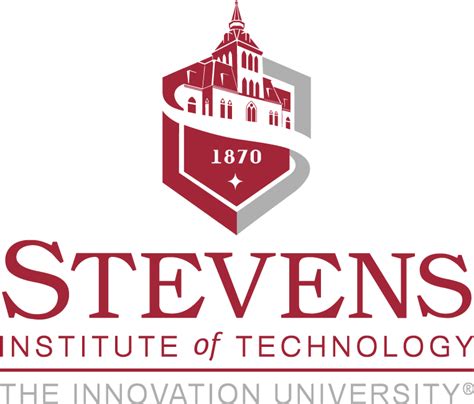Introduction

In the era of rapidly evolving technologies and interconnected systems, professionals with a deep understanding of systems engineering are in high demand. The Master of Engineering in Systems Engineering from Stevens Institute of Technology equips students with the knowledge, skills, and mindset to excel in this dynamic field.
Why Stevens Institute of Technology?
- Ranked Among the Top: Stevens’ Systems Engineering program is consistently recognized among the top in the nation by U.S. News & World Report.
- World-Class Faculty: Taught by renowned professors with expertise in systems design, analysis, and integration.
- Industry Partnerships: Strong collaborations with leading organizations provide students with ample internship and job opportunities.
- State-of-the-Art Facilities: Access to advanced research labs and simulation technologies to enhance project-based learning.
Program Overview
The Master of Engineering in Systems Engineering provides a comprehensive foundation in systems engineering principles, methodologies, and tools. Students develop a holistic understanding of system lifecycle management, including:
- Systems Design and Analysis: Modeling, simulation, and verification of complex systems.
- Systems Integration: Interfacing and optimization of disparate components into a cohesive system.
- Systems Engineering Management: Project management, risk assessment, and decision-making for large-scale projects.
Benefits of the Program
- Enhanced Career Opportunities: Master’s degree holders in Systems Engineering are highly sought after in industries such as aerospace, defense, healthcare, finance, and technology.
- Specialized Knowledge: Gain expertise in cutting-edge systems engineering techniques, technologies, and best practices.
- Competitive Advantage: Stand out in the competitive job market with specialized skills that employers value.
- Problem-Solving Mindset: Develop a systematic and analytical approach to tackle complex problems and find innovative solutions.
- Collaborative Environment: Work on real-world projects alongside classmates, fostering teamwork and communication skills.
Common Mistakes to Avoid
- Underestimating the Rigor: The program is academically challenging and requires a strong foundation in engineering or a related field.
- Not Seeking Support: Reach out to professors, classmates, and the Stevens community for academic and career guidance.
- Failing to Network: Attend industry events, participate in research projects, and connect with professionals in the field.
- Ignoring Soft Skills: Communication, teamwork, and leadership skills are essential for success in systems engineering.
How to Apply
To apply for the Master of Engineering in Systems Engineering at Stevens Institute of Technology, follow these steps:
- Submit an Application: Apply online through the Stevens University admissions portal.
- Provide Required Materials: Include official transcripts, letters of recommendation, a personal statement, and a resume.
- Meet the Minimum Requirements: Hold a bachelor’s degree in engineering or a related field with a minimum GPA of 3.0.
- Attend an Interview (Optional): Interview invitations are typically extended to top applicants.
Career Outlook
Graduates of the Master of Engineering in Systems Engineering are well-prepared for careers in:
- Aerospace Systems Engineering
- Defense Systems Engineering
- Automotive Systems Engineering
- Medical Devices Systems Engineering
- Financial Systems Engineering
- Information Technology Systems Engineering
Tables of Interest
| Table 1: Employment Outlook for Systems Engineers | |
|---|---|
| Median Annual Salary (2021) | $109,160 |
| Projected Job Growth (2020-2030) | 12% |
| Source: U.S. Bureau of Labor Statistics |
| Table 2: Top Industries Employing Systems Engineers | |
|---|---|
| Aerospace and Defense | 23% |
| Information Technology | 19% |
| Healthcare | 16% |
| Manufacturing | 14% |
| Automotive | 10% |
| Source: International Council on Systems Engineering |
| Table 3: Essential Skills for Systems Engineers | |
|---|---|
| Systems Analysis and Design | |
| Project Management | |
| Risk Management | |
| Software Engineering | |
| Communication and Collaboration | |
| Source: Engineering Management Institute |
| Table 4: Benefits of a Master’s Degree in Systems Engineering | |
|---|---|
| Increased Salary Potential | |
| Enhanced Job Opportunities | |
| Career Advancement | |
| Specialized Knowledge | |
| Industry Recognition | |
| Source: Stevens Institute of Technology Career Services |
Conclusion
The Master of Engineering in Systems Engineering from Stevens Institute of Technology is an investment in a rewarding and in-demand career. The program provides students with the knowledge, skills, and mindset to succeed as leaders in the engineering field and contribute to the design and development of complex systems that shape our future.
